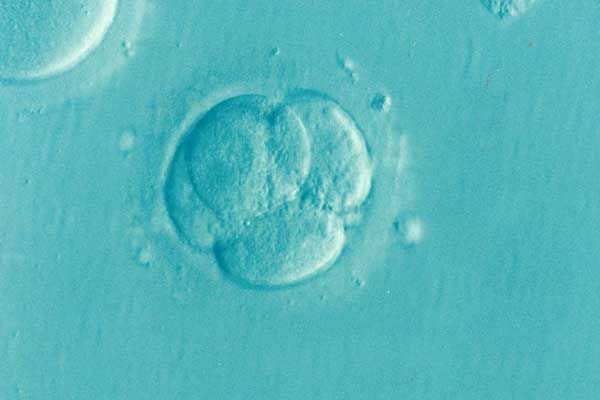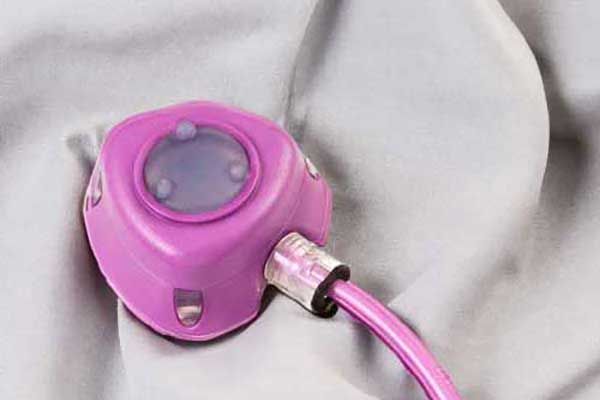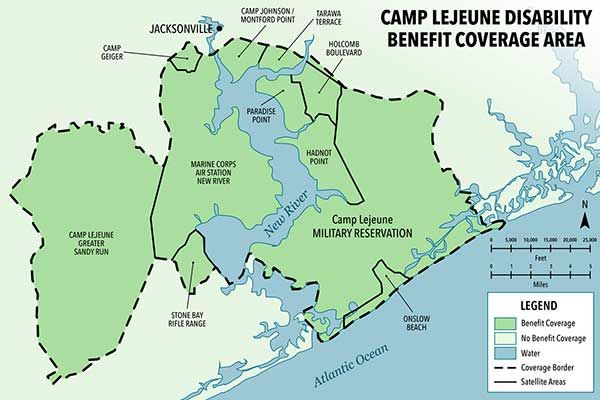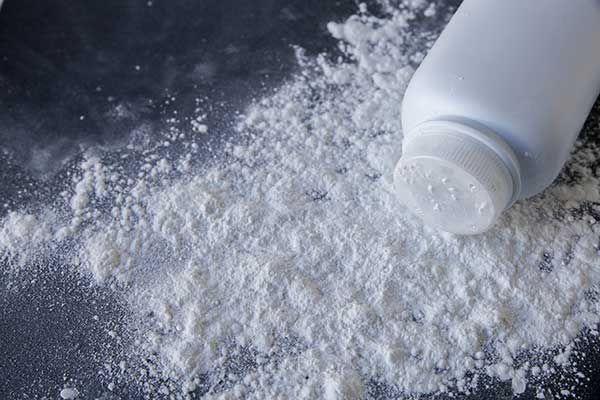

Study: Camp Lejeune Vets Have 70% Higher Risk for Developing Parkinson’s Disease
A new study reports that Marine veterans who were exposed to contaminated water on Camp Lejeune in North Carolina had a 70% higher risk of developing Parkinson’s disease compared to servicemembers stationed elsewhere in the U.S.
While scientists do not know the exact cause of this central nervous system disorder, exposure to chemicals such as trichloroethylene (TCE) may contribute to the progression of the disease, researchers warn. This chemical is one of the many toxins and other volatile organic compounds that contaminated the water on Camp Lejeune for about 35 years, where approximately one million servicemembers and their families lived and worked.
The JAMA Neurology study notes that the health records of 340,000 servicemembers stationed at Camp Lejeune between 1975 through 1985 were analyzed, , finding that TCE levels were 70-fold more than permissible amounts. Researchers compared these records from Camp Lejeune vets with those of Camp Pendleton, California vets. They followed up with the groups of veterans for a period of time until February 2021, and found that the risk of Parkinson’s was 70% higher among the Camp Lejeune group than the Camp Pendleton group. These findings support the allegations of thousands of claimants who have filed lawsuits against the U.S. government for their injuries sustained while stationed at Camp Lejeune, including Parkinson’s disease.
Contact Our Attorneys to Discuss Your Situation
If you lived or worked at Camp Lejeune in North Carolina between 1953 and 1987 and believe your cancer or other serious injury was caused by water contamination, call us today. Grant & Eisenhofer attorneys can evaluate your potential claim with you during a completely free consultation.









